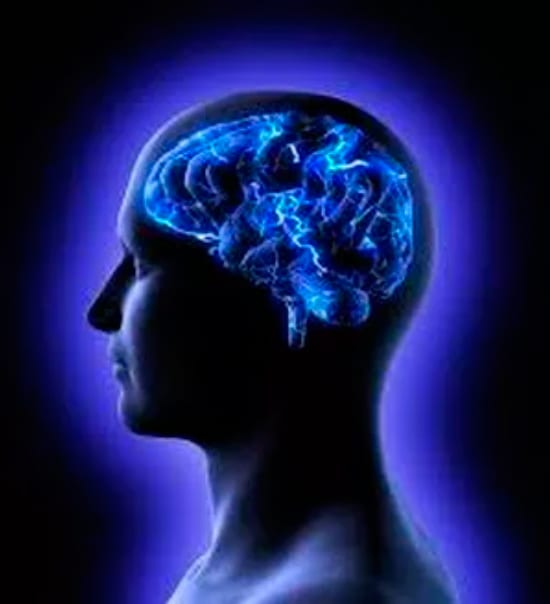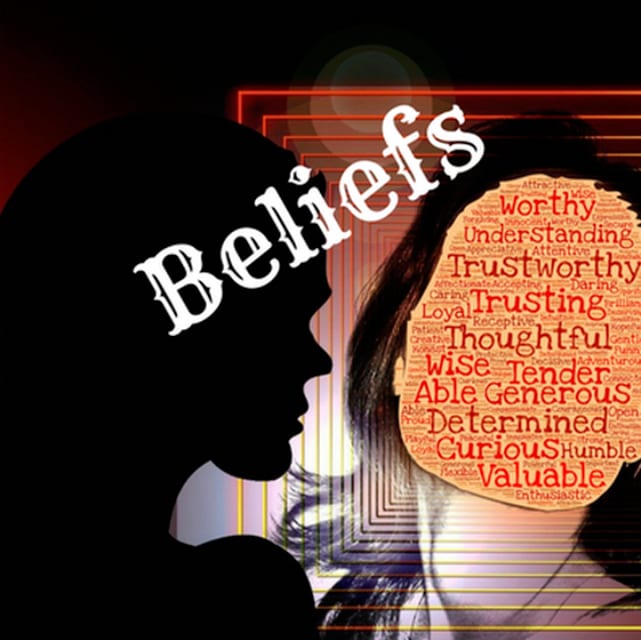William James, the American philosopher and psychologist, a leader of the philosophical movement of pragmatism and a founder of the psychological movement of functionalism said:
“The world we see that seems so insane is the result of a belief system that is not working. To perceive the world differently, we must be willing to change our belief system, let the past slip away, expand our sense of now, and dissolve the fear in our mind.”
In my last blog post, I talked about how your belief system can make the difference between excelling and enjoying new things and being trapped in a small box of limiting beliefs and the importance of belief system. In today’s blogI’m going to reveal how you can protect yourself from other people’s negative beliefs about what you can and cannot accomplish in this life.
Do other people’s beliefs affect us?
Yes, they do! In the past decade we have witnessed the celebration of the “self” where people are encouraged to seek out their true happiness and do everything they can to achieve their dreams.
While it’s wonderful to encourage people to actively accomplish their goals in life, but we must not forget that there are many external factors that can affect our successes and losses.
One of these external factors is other people’s beliefs. It’s hard to imagine how other people’s beliefs can actually have an effect on how we accomplish things in life.
However, it can have a substantial impact and when other people’s beliefs are actively enforced in your life (i.e. you are exposed to such beliefs regularly), you may find yourself in a constant struggle against following your positive beliefs and listening to negative “phantom beliefs” that were not really yours to begin with.
The Famous “Classroom Test”
In my trainings I always to this test and you may have heard that in the late sixties, Robert Rosenthal (a UC professor and psychologist) talked about a famous “classroom test” experiment that took place in San Francisco.
The “classroom test” was performed not to measure the intelligence or capability of students but to see how teacher’s expectations influenced the performance of students.
The experiment was simple enough: the teachers were led to believe that a select group of students were expected to excel in the test and academics that year. These students were taken to special testing rooms and were given the exam. The test that was administered was the “Flanagan Test of General Ability.”
To enhance the impact of the test, it was renamed the “Harvard Test of Inflected Acquisition” during the experiment. This test was a general intelligence test in the sixties that was designed for primary school and secondary school students.
After the test was administered, the teachers reported that the students who took the test were positively performing at a much higher level than others who were not designated as “excelling students.”
The inquisitiveness and academic interest of the select group of students also increased after the experiment was performed. The opposite was observed in other students: they weren’t as active in class and showed less interest in excelling academically.
What did we just see?
The “classroom test” experiment is a classic example of how people’s beliefs can have a huge, almost magical impact on our actions as individuals.
The students in the experiment were chosen randomly, without any benchmarking beforehand. Only the teachers knew that the students were expected to excel academically and even then, they didn’t know that the students were only randomly selected!
The determining factor was how the teachers treated the students in the special group. Because the teachers were informed that the group of students was expected to excel in their academics, their expectations and behavior toward these students changed.
The students perceived the sudden change in their teacher’s attitude toward them and subconsciously, they were given a positive boost in the right direction. This goes to show you that even a short period of positive reinforcement can do wonders for “ordinary people” like you and me.
How can we use other people’s beliefs to our advantage?
The “classroom test” experiment also showed that if we imagine things to be true then the outcome would be aligned with our beliefs. This can be a wonderful thing if your life is filled with people who believe that you can accomplish things and you are resourceful enough to overcome any obstacle.
But this reality is a double-edged sword: if you are surrounded by negativity then the negativity can rub off on you. Negative beliefs about what you can and cannot accomplish can become part of your belief system.
That’s why it’s so important that you consciously reject negative beliefs the moment you encounter them, so they don’t take root in your unconscious mind anymore.
The unconscious mind has many functions. The unconscious mind is the part of you that runs your body and makes your heartbeat. It allows you to breathe while you sleep. It causes your nerves to send information along the neural pathways meaning it absorbs and enforces beliefs that the conscious mind allows to enter. So, you have to protect your own unconscious belief system from being polluted by other people’s false beliefs and attitudes.
Make it a great day!
Did This Help You? If so, I would greatly appreciate it if you comment below and share it on social media.


